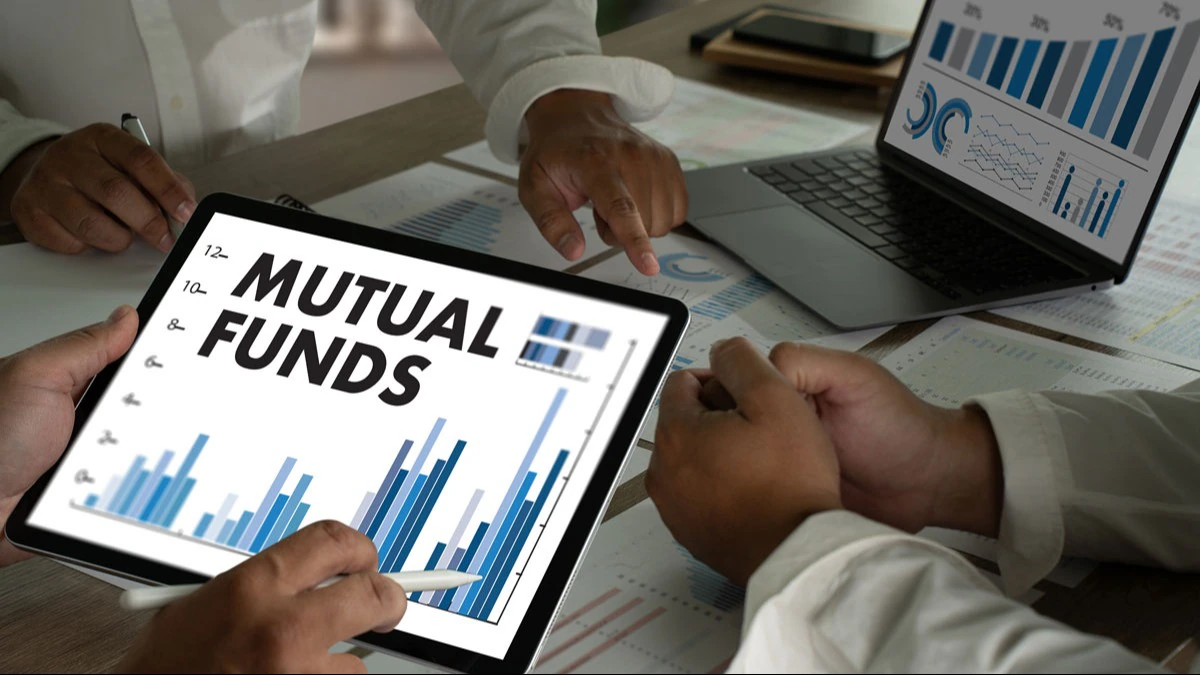Accident Insurance
Starting From Just
€5.6 per month
Mutual Fund Investments in Germany
Secure Your Financial Future in Germany

Invest Wisely, Grow Steadily, Secure Your Future
Mutual funds investment in Germany provide a versatile and efficient way to build wealth. These funds, managed by financial experts, pool money from multiple investors to create a diversified portfolio. Offering significant long term tax benefits, mutual funds enhance investment strategies, making them ideal for future financial security.

Highlights
Long Term Tax Benefits
Diversified Investments
Flexible Withdrawals
Key Features
- Pension Planning
Ideal for building a pension fund, with the potential for higher returns over the long term.
- Expert Management
Managed by financial experts to maximize growth potential and minimize risk.
- Easy to Start and Manage
Simple setup and minimal ongoing management, making it convenient for investors.
Do You Have Any Questions?
How do mutual funds work?
Investors buy shares in the mutual fund, and the fund manager invests this pooled money according to the fund’s investment objective. Returns are based on the fund’s performance.
What are the main types of mutual funds?
The main types include equity funds (stocks), bond funds, money market funds, balanced funds, and index funds, each focusing on different asset classes and risk levels.
Who should invest in mutual funds?
Mutual funds are suitable for investors seeking diversification, professional management, and various investment options to match their risk tolerance and financial goals.
What are the costs associated with mutual funds?
Costs include management fees, entry/exit loads, and other administrative expenses, which vary depending on the fund and provider.
What is the minimum investment required for mutual funds?
Minimum investment amounts vary by fund but often start as low as €25-€50 per month for savings plans or €500 for a lump sum.
Are mutual fund returns guaranteed?
No, returns are not guaranteed, as they depend on market performance. However, mutual funds offer the potential for higher returns compared to traditional savings accounts.
What are the risks associated with mutual fund investments?
Risks include market risk, interest rate risk, credit risk, and management risk, all of which can affect the fund’s value and returns.
Can I withdraw my money from a mutual fund anytime?
Yes, most mutual funds offer liquidity, allowing you to redeem your investment at any time, though some may charge exit fees for early withdrawals.
Are mutual fund investments taxed in Germany?
Yes, gains from mutual funds are subject to capital gains tax, and dividends are subject to withholding tax, though some allowances apply.
What is an ETF (Exchange-Traded Fund), and how is it different from a mutual fund?
ETFs are similar to mutual funds but trade on stock exchanges like individual stocks, offering more flexibility and usually lower fees.
Can I switch between different mutual funds?
Yes, many providers allow you to switch between funds within the same family, though this may involve fees or tax implications.
How do I choose the right mutual fund?
Choose based on your financial goals, risk tolerance, investment horizon, and the fund’s past performance, fees, and management style.
Are there sustainable or ethical mutual funds available?
Yes, there are many sustainable and ethical funds focusing on ESG (Environmental, Social, and Governance) criteria, aligning investments with personal values.
What is the difference between active and passive mutual funds?
Active funds are managed by fund managers aiming to outperform the market, while passive funds track a market index, typically with lower fees.
How do dividends work in mutual funds?
Dividends are paid out from the fund’s income, either reinvested to buy more shares or paid out to investors, depending on your choice.
